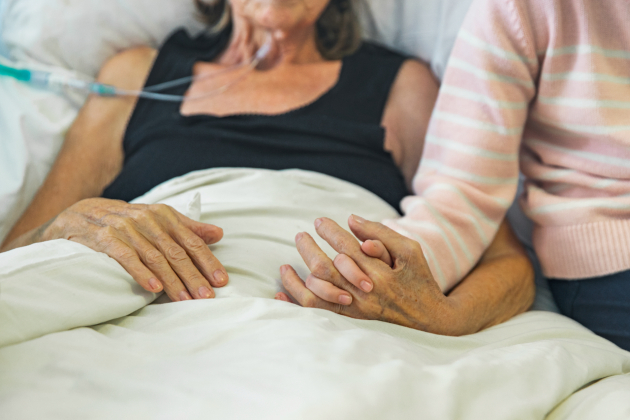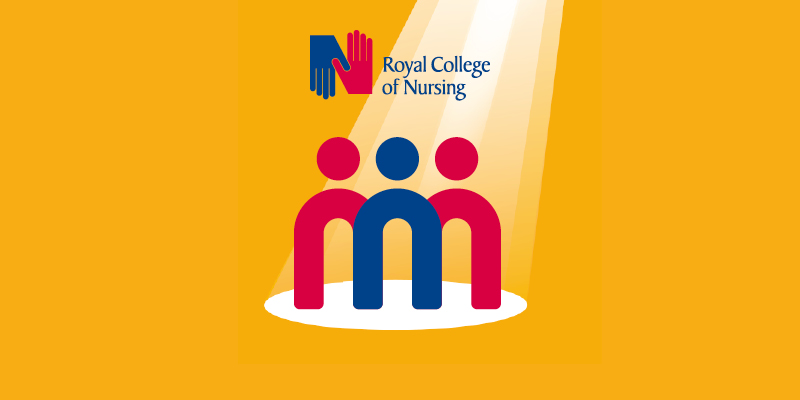News
Expert body needed to ensure the forthcoming Employment Injuries Assistance benefit reflects modern workplace hazards
The Royal College of Nursing has backed proposals for a new expert body to advise the Scottish Government on modernising the industrial injuries benefit system to meet the needs of Scotland’s workers.

Connect with us:
RCN Associate Director, Norman Provan, today [23 November] gave evidence to Holyrood’s Social Justice and Social Security Committee on the Scottish Employment Injuries Advisory Council Bill.
Introduced by Labour MSP Mark Griffin, this members’ Bill would create the Scottish Employment Injuries Advisory Council (SEIAC) to advise Scottish Ministers on Employment Injuries Assistance (EIA). EIA is the proposed Scottish replacement for the industrial injuries benefits currently administered by the Department of Work and Pensions.
RCN supports the creation of SEIAC ahead of the Scottish Government transitioning to EIA to provide expert oversight and to ensure the new benefit is fit for purpose and evolves to meet the needs of Scotland’s workers and in response to emerging workplace hazards.
During the session, we also highlighted RCN’s recent letter to the Department for Work and Pensions insisting long COVID is classed as an occupational disease for health care workers.
Commenting on the Bill, Norman Provan said:
“RCN supports this members’ Bill and believes that the creation of the Scottish Employment Injuries Advisory Council is necessary to provide expert advice to the Scottish government on the new Employment Injuries Assistance benefit.
“The COVID pandemic, and the prevalence of long Covid, has tragically highlighted the need for the industrial injuries benefits system to evolve to reflect modern workplace hazards.
“With its historic focus on heavy industries, it’s widely recognised that the current system is outdated and needs to be modernised to better reflect modern workplace hazards. Women's health and safety has been neglected and it’s crucial that the new Scottish system seeks to make improvements and address this imbalance.
“We are also clear that the creation of a Scottish advisory body, should ensure that trade unions, as the voice of workers, have a formal role at the heart of making changes and improvements to the benefit.”











